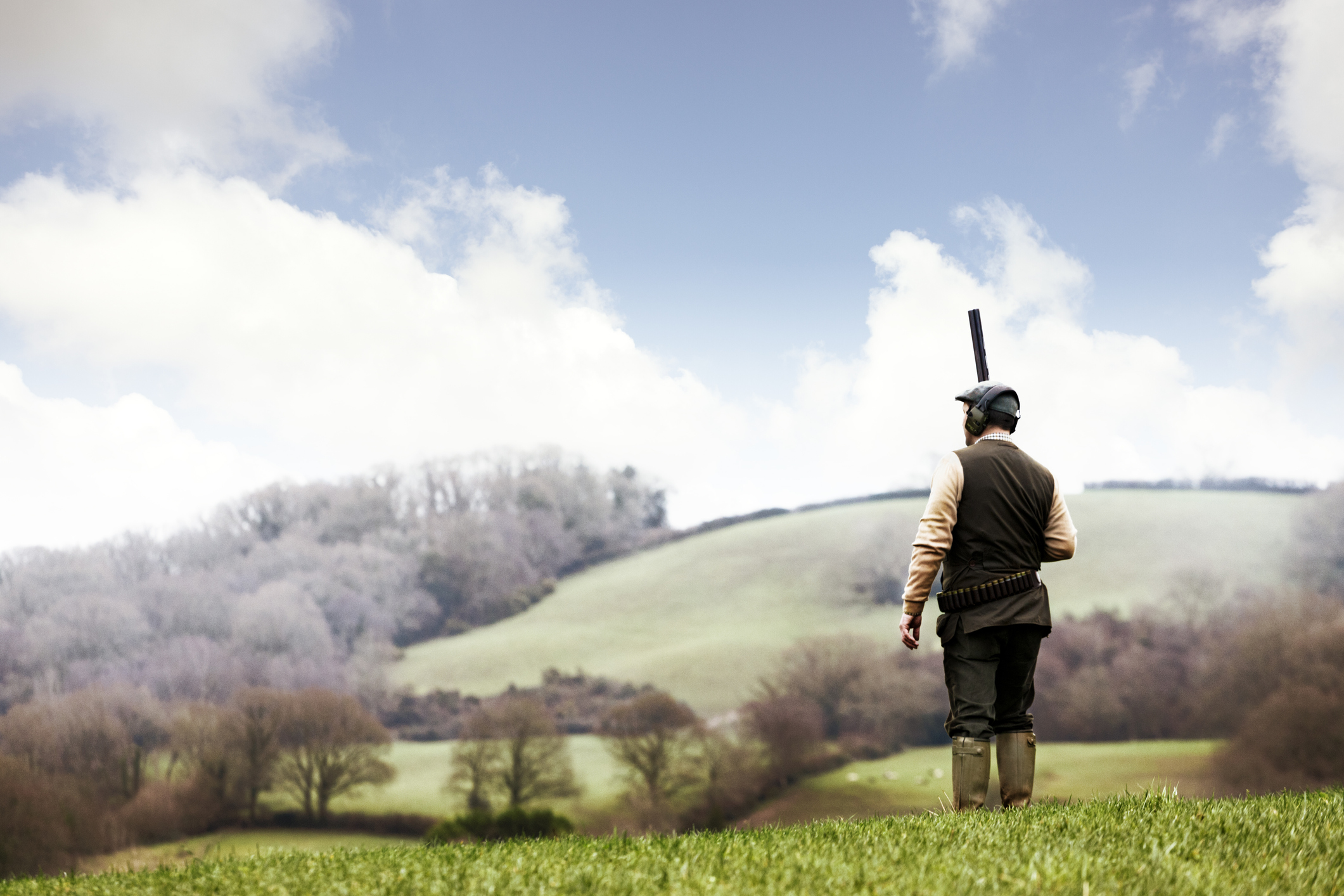Three important considerations for rural businesses in the country sports sector
This article first appeared in the Spring 2022 edition of Scottish Land & Estates LandBusiness magazine.
Scotland has long been renowned as a ‘bucket list’ location for those that enjoy country sports. Its unrivalled beauty and unique landscape offer up some of the finest sporting experiences to be found anywhere in the world.
Whilst country sports contribute greatly to our rural economies, those operating within this sector are often plagued by the ever-changing and more challenging political and fiscal landscape. Johnston Carmichael’s Rural team support many rural businesses in navigating these challenges, and below we’ve highlighted a few common themes to be considered:
Country Sports – The accommodation package
From a capital taxes perspective, it is important that rural businesses maintain their “trading” status in order to secure important reliefs such as Business Property Relief for IHT purposes.
Country sports are an important (trading) revenue stream for many landowners across Scotland, with many operators offering a ‘package deal’ to include accommodation for the duration of your stay.
The letting of furnished accommodation on short-term lets (commonly known as furnished holiday lets (FHLs)); offers landowners several tax advantages over long-term lets, such as:
- Capital allowances can be claimed on furniture rather than only replacement expenditure being deductible.
- FHL profits are classed as relevant earnings for pension contributions.
- Mortgage interest relief is not restricted for FHLs. For long term lets the tax relief is restricted to 20%.
- Profits can be split in a different ratio to the beneficial ownership.
- Subject to certain conditions the FHL may qualify for certain capital gains tax reliefs such as Rollover, Gift Holdover and Business Asset Disposal Relief.
There are of course various conditions that need to be met in order for your property to qualify as an FHL, and your professional advisers can help you understand how to meet these conditions.

VAT
The supply of sporting rights (which includes the provision of shooting) is normally standard rated for UK VAT purposes.
Generally speaking, businesses based in the UK are required to register for VAT where:
- Their total VAT taxable turnover for the last 12 months was over the VAT registration threshold (currently £85,000); or
- They expect their turnover to go over the registration threshold in the next 30 days.
This rule would ring true for landowners or shooting operators running a commercial enterprise. So, if your turnover is likely to breach the VAT threshold this year, then you may well be required to register for VAT. This includes FHL income.
If VAT registered, the business is entitled to recover VAT on qualifying costs associated with running the shooting operation, subject to the normal rules governing VAT recovery on costs.
Complexities can arise, however, when shoots are run on a non-business basis, such as private shoots and shooting syndicates. In such circumstances, it is important to review whether your shoot meets the definition of a non-business shoot for VAT purposes.
The effect of this, is that the supply of shooting on a non-business basis would no longer be within the scope of VAT. It’s also important to note that the business would not be entitled to recover VAT incurred wholly and exclusively for these purposes.
There can be a fine line between what is considered a commercial shooting operation and what is deemed to be a non-business activity. We therefore recommend that professional advice is taken at an early stage to ensure the correct VAT treatment is applied.
Sporting Business Rates
Business rates were reintroduced for sporting rights in the Land Reform (Scotland) Act 2016.
Details surrounding non-domestic rates, and the reliefs available, can be found on the Scottish Government’s website here.
The Scottish Government has issued local authorities with non-statutory guidance on the application of non-domestic rates reliefs and in particular applying Unoccupied Property Relief to sporting rates. This will benefit many who do not qualify for relief through the Small Business Bonus.
Where no or little relief is available, landowners should give consideration as to whether an alternative structure(s) could be implemented to achieve savings on this front.
Get in touch
For more information on any of the points noted above or to discuss how your business may be impacted, don’t hesitate to get in touch with our expert Rural team.

